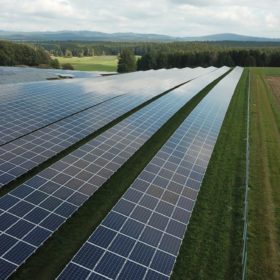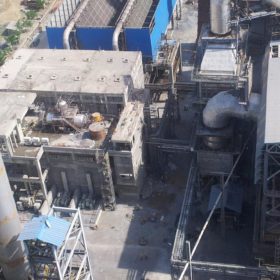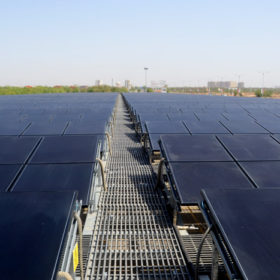Hitachi ABB Power Grids to switch to 100% fossil-free electricity by year end
The company is working on electrified, reliable, and decarbonized operations and products to get closer toward a carbon-neutral future.
Tata Power and Social Alpha invest in energy analytics startup ‘Urja’
The startup has developed an industrial Internet of Things-enabled sensor and analytics solution that allows manufacturing and power industries to track device-level energy wastage in real time.
JICA extends 10-billion yen support for renewable energy projects in India
Japan International Cooperation Agency has signed an agreement with Tata Cleantech Capital to mobilize JPY 10-billion debt fund for projects across renewable energy, e-mobility, and energy efficiency sectors.
EV maker Euler Motors and energy service firm Smart Joules raise funding from ADB Ventures
Asian Development Bank’s new venture arm ADB Ventures, which invests in technology startups disrupting traditional sectors in the Asia Pacific, has made its first investments into the Indian startups Euler Motors and Smart Joules.
India has the opportunity to build a new energy future
India is set to see the largest increase in energy demand of any country over next 20 years, a new International Energy Agency (IEA) report says, highlighting potential for policies and investment to accelerate clean energy transition.
Tata Cleantech secures US$30-million from UK investor CDC
The investment will enable Tata Cleantech to provide loans for green projects, including e-mobility solutions as well as water and energy efficiency.
SJVN, IREDA sign MoU for green energy projects
As per the agreement, the Indian Renewable Energy Development Agency (IREDA) will undertake techno-financial due diligence of renewable energy, energy efficiency and conservation projects for state-owned hydropower producer Satluz Jal Vidyut Nigam Ltd (SJVN).
Green recovery through energy efficiency
The Climate Group has reported that just 33 members of its global EP100 initiative avoided carbon dioxide emission by one billion metric tonnes purely through energy efficiency measures. Of this, 360 million metric tonnes—comparable to taking 77 million cars off the road for a year—was avoided in the last year alone.
Infosys turns carbon neutral
The Bengaluru-headquartered IT major has become carbon neutral for FY2020 across all emissions, 30 years ahead of the Paris Agreement’s 2050 timeline. The company reduced its energy consumption significantly with energy-efficiency measures, green buildings, renewable energy use, and carbon offset projects in the community to achieve this goal.
Reliable electricity access and customer satisfaction key to DISCOM performance, says study
A joint study by Smart Power India, an arm of US-based impact investor Rockefeller Foundation, and government thinktank NITI Aayog, evaluates the status of electricity access in India across different states and benchmarks distribution utilities’ capacity to provide electricity access. It also offers recommendations to help DISCOMs realize their full potential.












